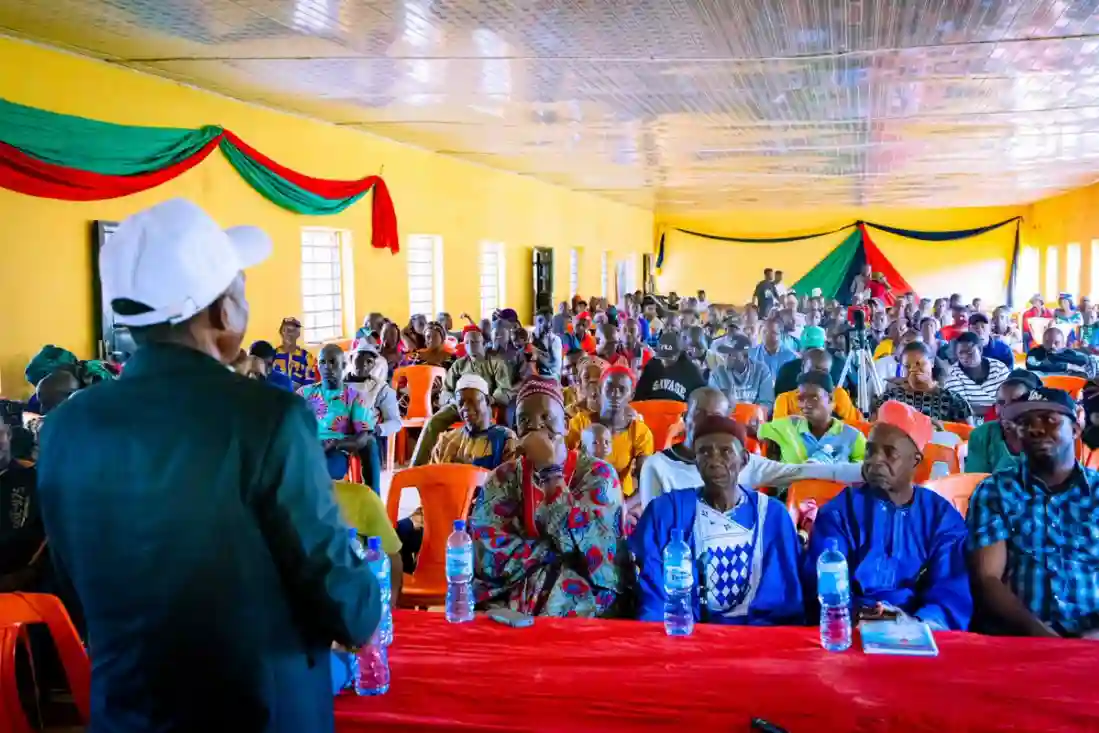NNPC Foundation has extended its Vulnerable Farmers Training Programme to Northern Nigeria as part of efforts to strengthen food security, promote national development, and drive economic empowerment.
The initiative, which is the Corporate Social Responsibility arm of NNPC Ltd., marks the second phase of the programme.
The training is designed to equip farmers with modern agricultural techniques. It covers areas such as climate-smart farming, organic fertilization, post-harvest loss reduction, and improved market access strategies. These areas are seen as key in boosting agricultural productivity and reducing food insecurity across the country.
The first phase of the programme, which took place in the Southern region including the South-East, South-South, and South-West, successfully empowered over 4,000 farmers.
Participants were trained on modern farming practices and strategies to access better markets. According to the Foundation, the success recorded in that phase is now being expanded to cover the North East, North West, and North Central zones.
The second phase will include training sessions across six States in the northern zones and one session in the Federal Capital Territory, Abuja. The aim is to reach more farmers who are in need of skills to transition from subsistence farming to sustainable commercial agriculture.
During the official flag-off of the first phase in Nsukka, Enugu State, Managing Director of NNPC Foundation, Mrs. Emmanuella Arukwe, highlighted the importance of the initiative. She explained that it aligns with the Federal Government’s agricultural transformation agenda, which seeks to boost food security, increase productivity, and improve livelihoods for smallholder farmers.
“At NNPC Ltd, we recognize that agriculture remains the primary source of livelihood for over 70% of Nigeria’s population. Yet, many farmers remain trapped in subsistence-level production due to limited access to modern techniques, quality inputs, and competitive markets. This training is designed to change that narrative,” Arukwe said.
She added that the goal is to provide farmers with tools, resources, and knowledge that will help them shift from subsistence farming to commercial-scale agricultural production.

